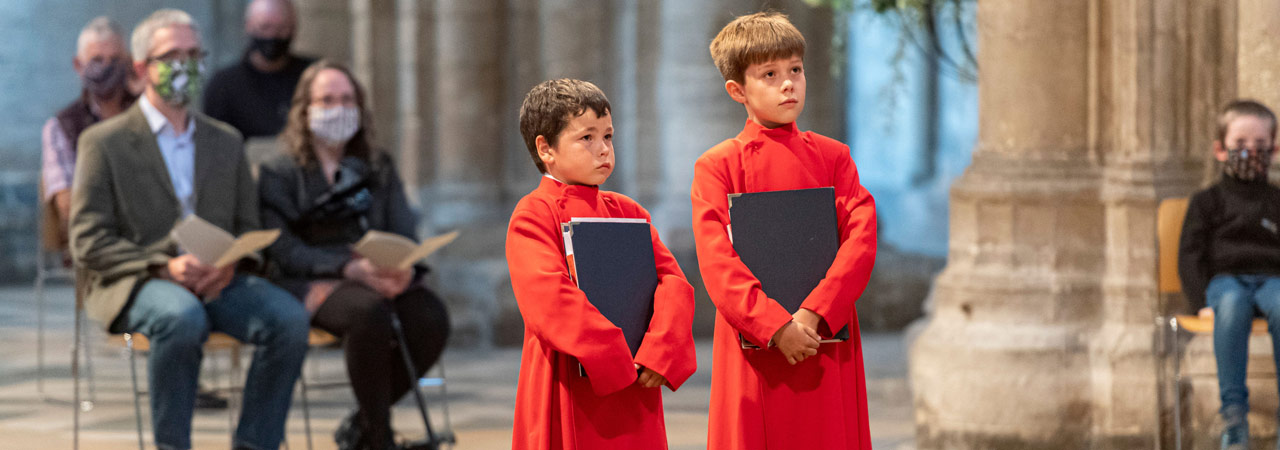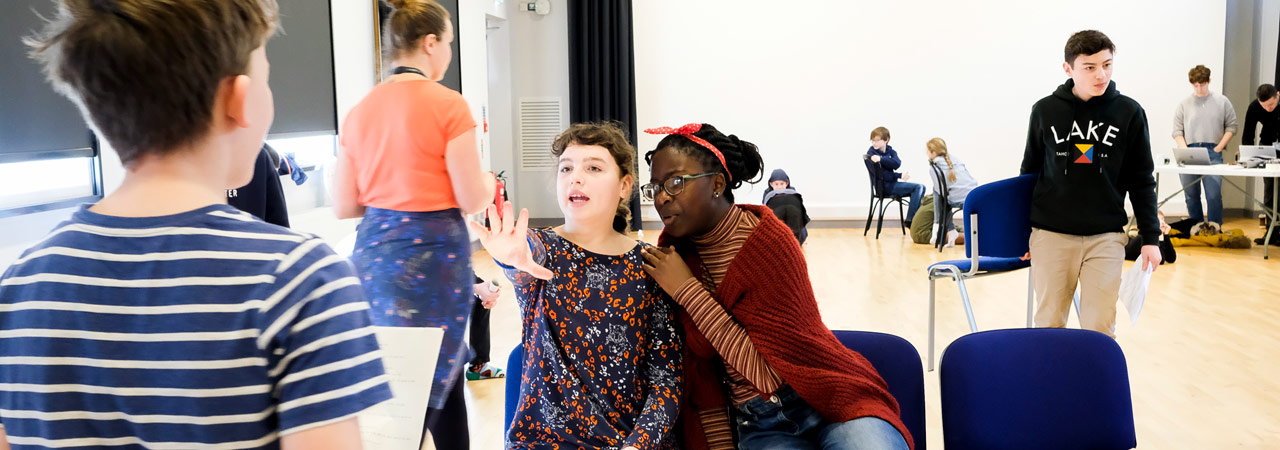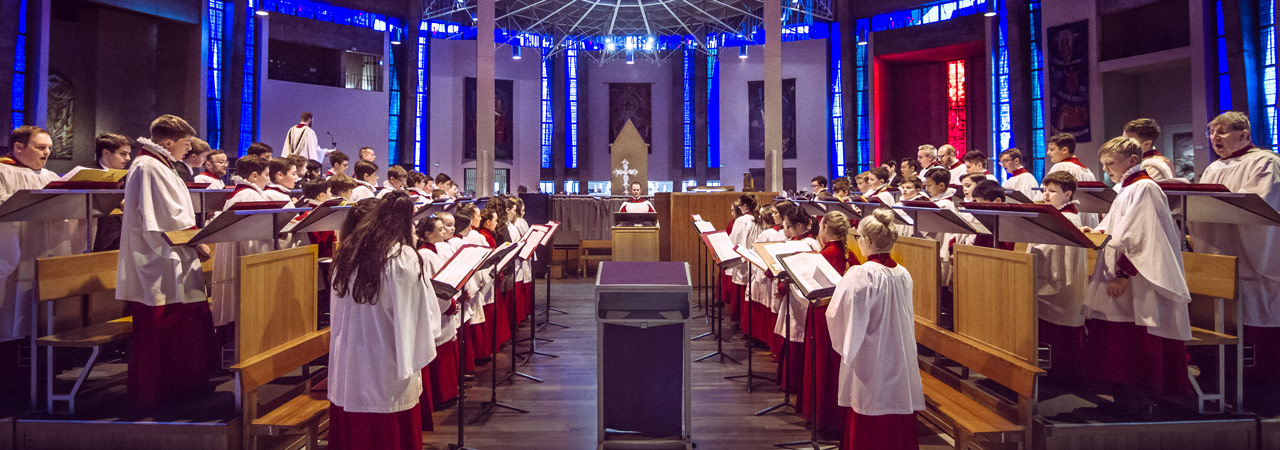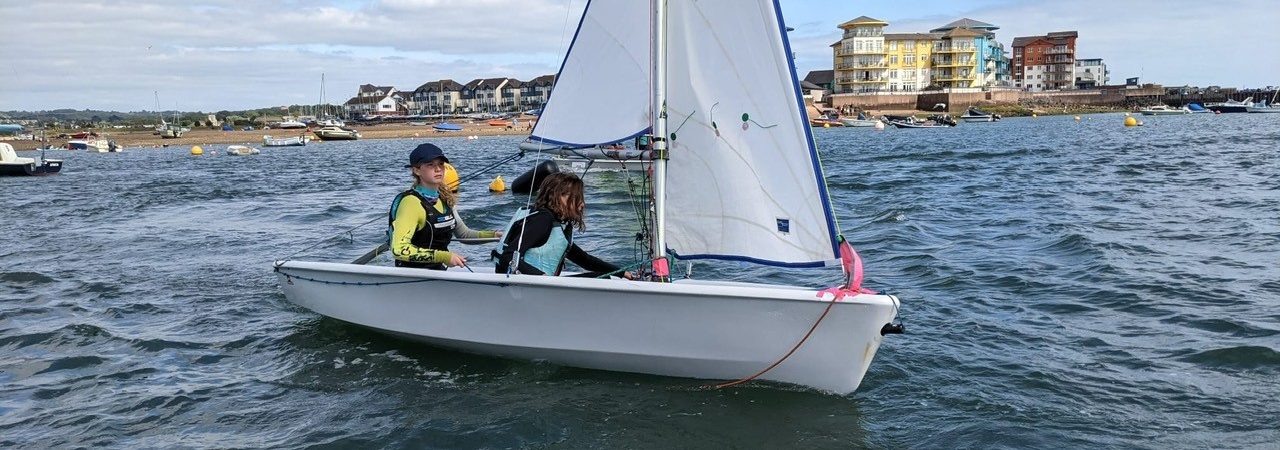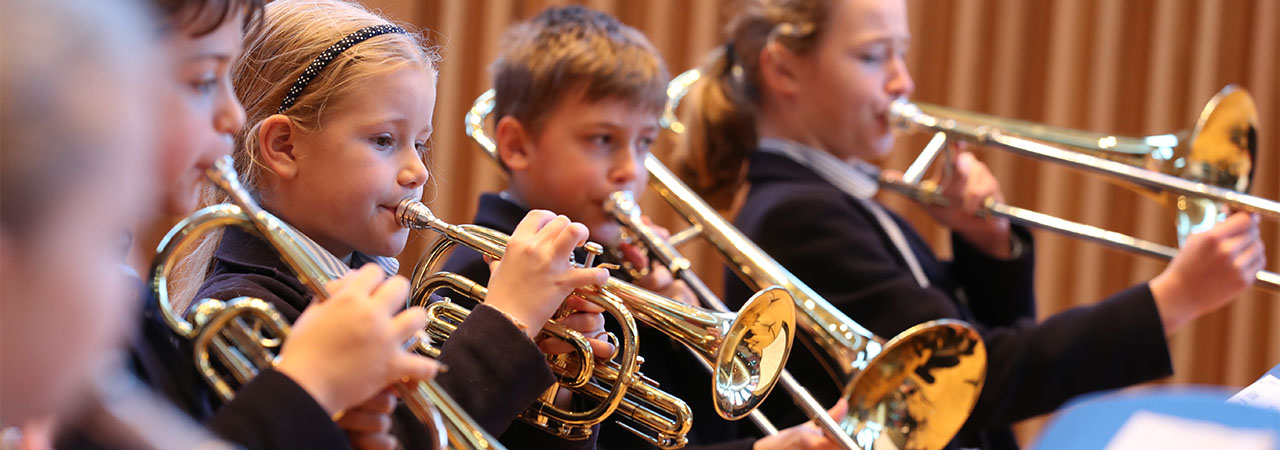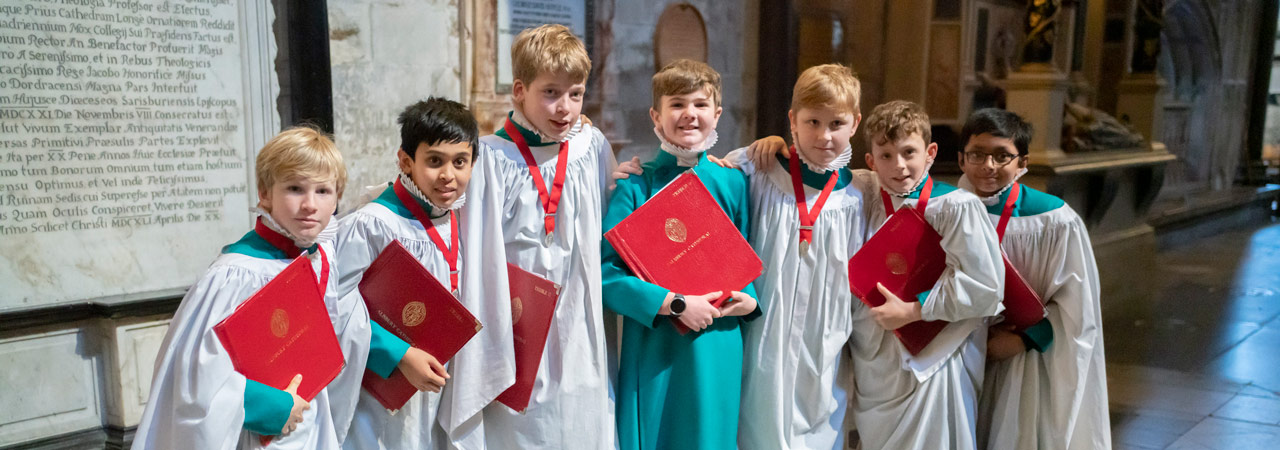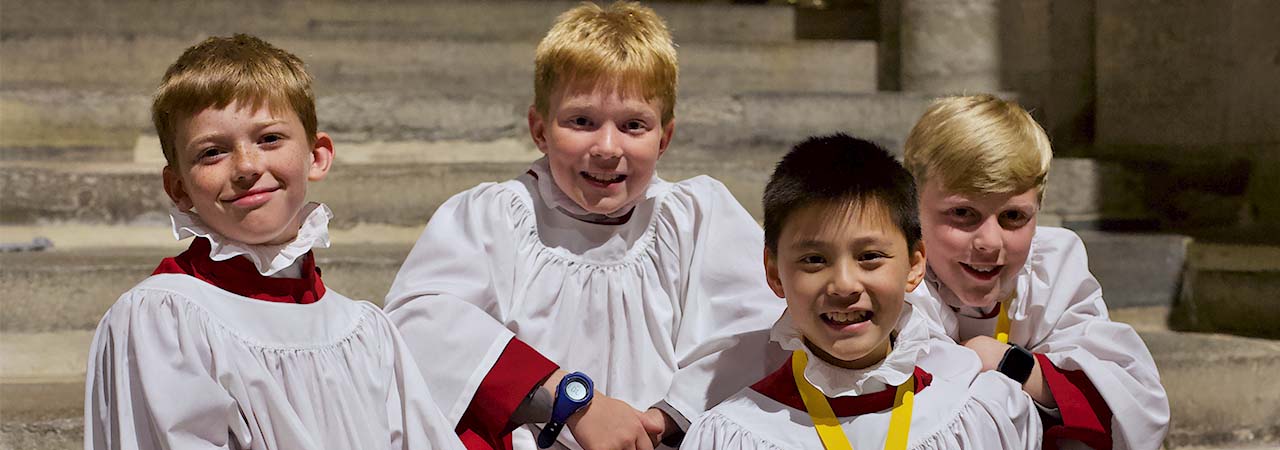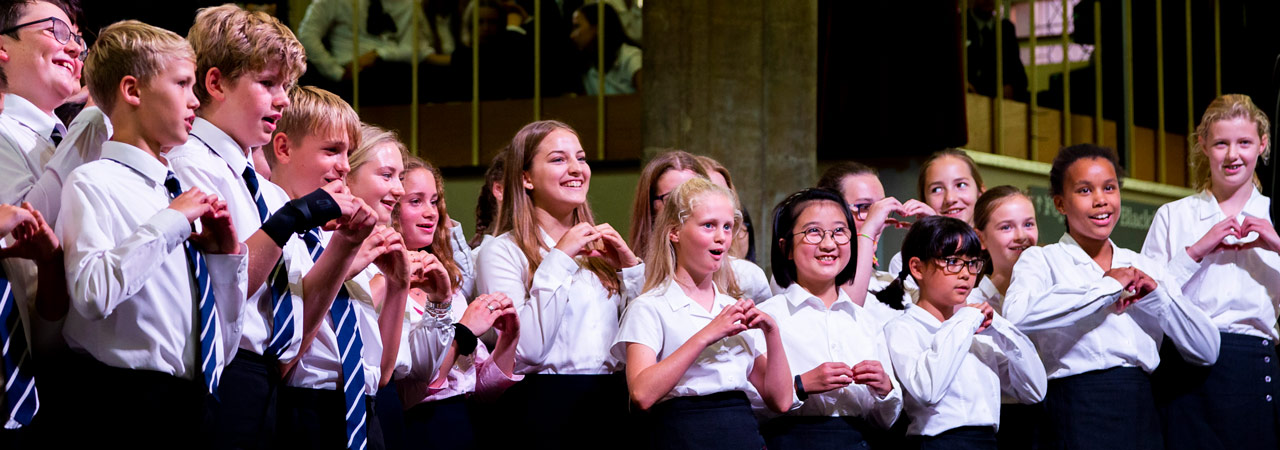Former Durham Head Remembered
It is with sadness we report that Commander Raymond Lawrence, Headmaster of The Chorister School from 1978-1994, died on 24 July, aged 87.
His successor, Stephen Drew (1994-2002) writes: “The ongoing success of The Chorister School at Durham Cathedral owes a great deal to Ray Lawrence. In 1978 he became its first twentieth century headmaster not to be in Holy Orders, but the Dean and Chapter knew what they were about when they appointed this former naval officer. Raymond achieved considerably more during his sixteen years than had his two predecessors in their combined total of forty-nine. He brought to Durham a broad and humane educational vision.
Ray had great integrity. He was a deliberate, dogged man, careful with detail, a good strategist and an admirably hard worker. He was determined to provide as well as possible for the children in his care and to safeguard the school’s future by facing up to its challenges (which included the early demands of The Children Act and, from time to time, dare one say it, his own Dean and Chapter).
New course for School
No longer would a boy’s position in the lunch queue be determined by his marks in English, Maths or Latin. He recognised effort as well as attainment and encouraged the teaching of sport. Building a Sports Hall on a world heritage site was a tough call! Drama was always a strength. By reducing the number of lessons allocated to ‘academic subjects’ he was able also to provide regular art and music lessons for all pupils. Developing and then celebrating pupils’ successes across the range of their abilities by no means compromised the achievement of the more academic pupils. It significantly enhanced local recognition of a school which now competed in athletics and swimming and rugby no less forcefully than in scholarship results.
Ray’s appointment of a full-time Director of Music ensured that all pupils, and not just cathedral choristers, could develop their musical skills. Regular meetings with the cathedral organist ensured that the welfare of individual choristers could be carefully considered. They were encouraged to represent their school in sport and athletics and to enjoy the richness of their school’s curriculum to the full, despite the requirements of their cathedral duties. He opened a pre-prep department with its own excellent head, thus providing for ongoing success in recruitment to the prep school.
On retirement Ray exchanged his official stall for an unofficial one diagonally opposite. He was a regular Cathedral worshipper at early Sunday communion for the rest of his life. At his funeral in Durham Cathedral on 11th August his family was joined by former pupils, parents and colleagues and by a representative of H.M.S. Conway, where Ray had learned seamanship in the 1940s. Ray had, with characteristic thoroughness, planned the service himself; it was notable for its choice of ‘glad hymns of praise’, which expressed his faith and his hope. He loved the land, especially Durham, and he loved the sea. He would also have loved the voluntary – the first movement of Elgar’s organ sonata, played by his former colleague James Lancelot.
Ray was an active member of the Choir Schools’ Association. He particularly enjoyed the gatherings of the northern CSA schools when they met for evensong and their fiercely-fought five-a-side football knock-out competition.”

